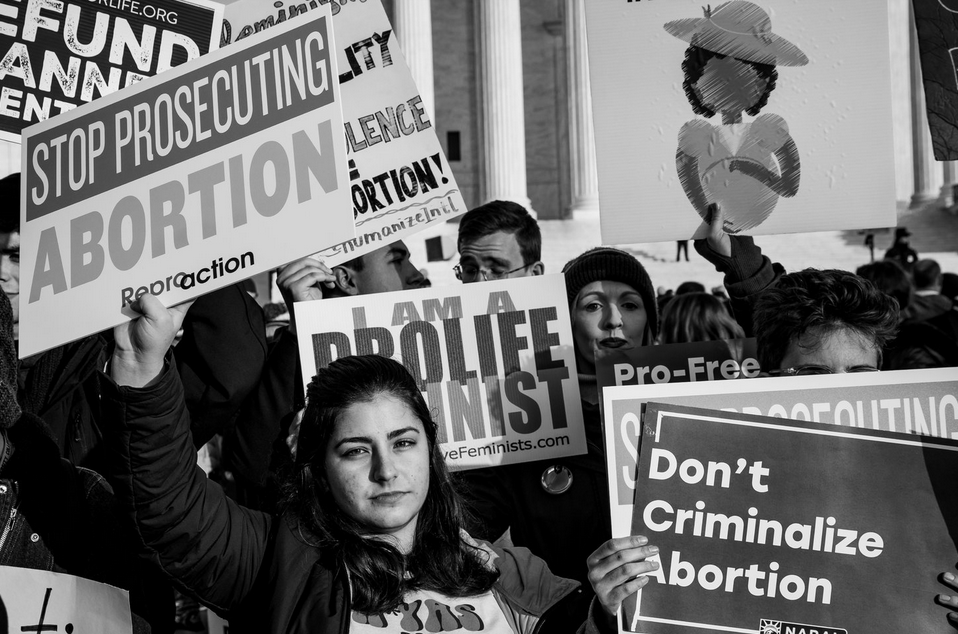Abortion opponents have spent decades planning for a Supreme Court with a majority hostile to reproductive rights. So it’s little surprise that, with the confirmation of Brett Kavanaugh in the fall, the necessary fifth vote, they’ve been quick to seize the moment.
The anti-abortion movement has also spent those decades building a vast fund-raising and organizing network, with the goals of securing an anti-abortion voting bloc and getting more like-minded judges, at every level, and lawmakers — and presidents — into power.
Mere weeks after Justice Kavanaugh was sworn in, West Virginia and Alabama passed state constitutional amendments that could ban abortions if Roe v. Wade is overturned.
Those on the other side, then, need their own robust and creative playbook — not just to fight back against attacks on reproductive freedom but also to pre-emptively protect and expand those freedoms wherever possible.
The Supreme Court will determine the fate of Roe, but its dismantling will start on the state level, requiring the effort to push back to be nationwide and expansive. Republican-controlled state legislatures are expected to put forth many pieces of anti-abortion legislation this year. Some are meant to directly challenge Roe v. Wade, like recent proposals in Kentucky and Florida that ban abortion around the sixth week of pregnancy. That can translate to about two weeks after a missed menstrual period — before many women even realize that they’re pregnant, let alone have time to consider an abortion. Ohio lawmakers have already voted for such a measure.
Judges in lower courts — many appointed by President Trump — are expected to uphold more and more extreme anti-abortion laws. So even if the Supreme Court doesn’t overturn Roe outright, the lower courts could quietly roll back Americans’ constitutional right to the procedure.
Candidates running for state office during November’s midterm elections campaigned on passing the Reproductive Health Act and ousted a number of opposition votes in the state Senate, including Martin Golden of Brooklyn and Kemp Hannon and Elaine Phillips from Long Island, who had stood in its way. Gov. Andrew M. Cuomo (D) championed the bill, which repeatedly passed the State Assembly by a 2-to-1 margin but was never allowed to reach the Senate floor until Tuesday, when it passed 38 to 24.
New York is not alone. We’ve seen similar shifts in states across the country, as voters become more enraged at the direction of the country, more informed and — in turn — more active.
In 2017, Delaware repealed parts of its pre-Roe criminal abortion ban. In Illinois, pressure from voters led then-Gov. Bruce Rauner (R) to reluctantly sign a law restoring public-insurance coverage for abortion, as well as removing a trigger law that would have banned abortion if Roe were overturned. And Oregon passed arguably the most progressive abortion legislation in the nation, requiring insurance coverage for reproductive health care, including abortion, regardless of immigration status or income.




